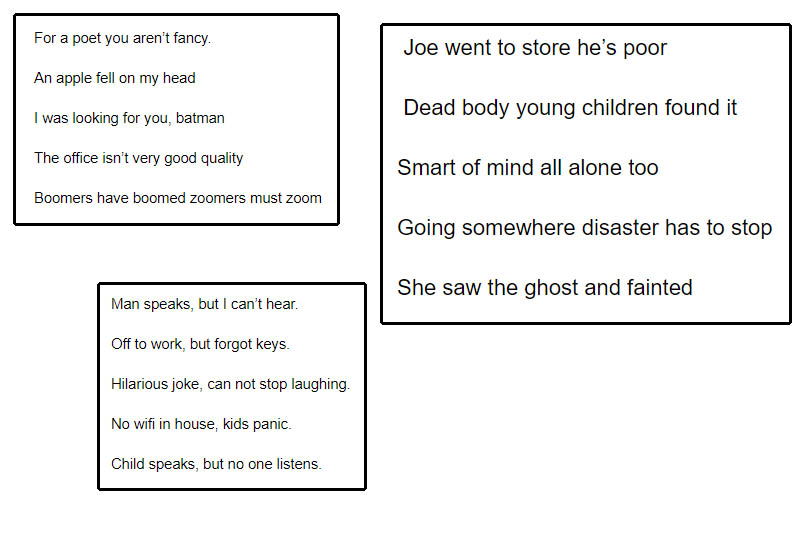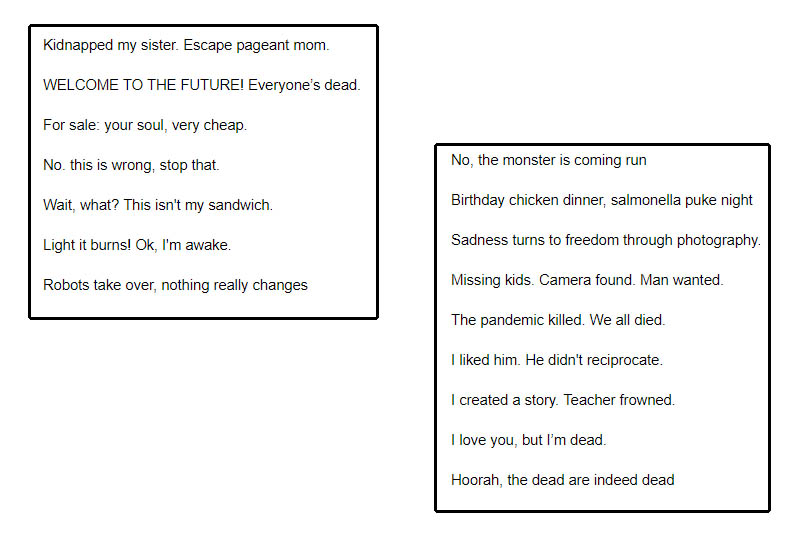We are just a week into the Entrepreneurship class but have already covered a wide range of topics. The class consists of a terrific mix of students, some of which already have entrepreneurial experience, and others who bring forth new and exciting ideas to the table.
Thus far, students have completed an entrepreneurial self-assessment, examined the pros and cons of becoming an entrepreneur, and identified essential qualities, skills and characteristics of an entrepreneur. In addition, students presented a brief profile of an entrepreneur of their choice, studied famous Canadian inventors and innovators, watched pitches from the Dragons’ Den show, and explored various different leadership styles.
Things will only get more exciting as students test their leadership skills in fun games and challenges, interview existing entrepreneurs to gain additional insight straight from the source, and develop their very own business plan.
There is no question of the severe impact this pandemic will have on our economy. There are many jobs, businesses, and industries that have been forced to shut down or are barely staying afloat. In some rare cases, there are examples of businesses that were fortunate enough to adapt and stay healthy during this time of crisis. As part of the course, students will analyze the ways in which different businesses have reacted to the change in market conditions.























